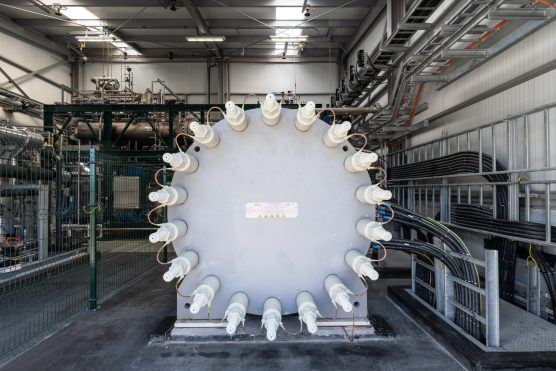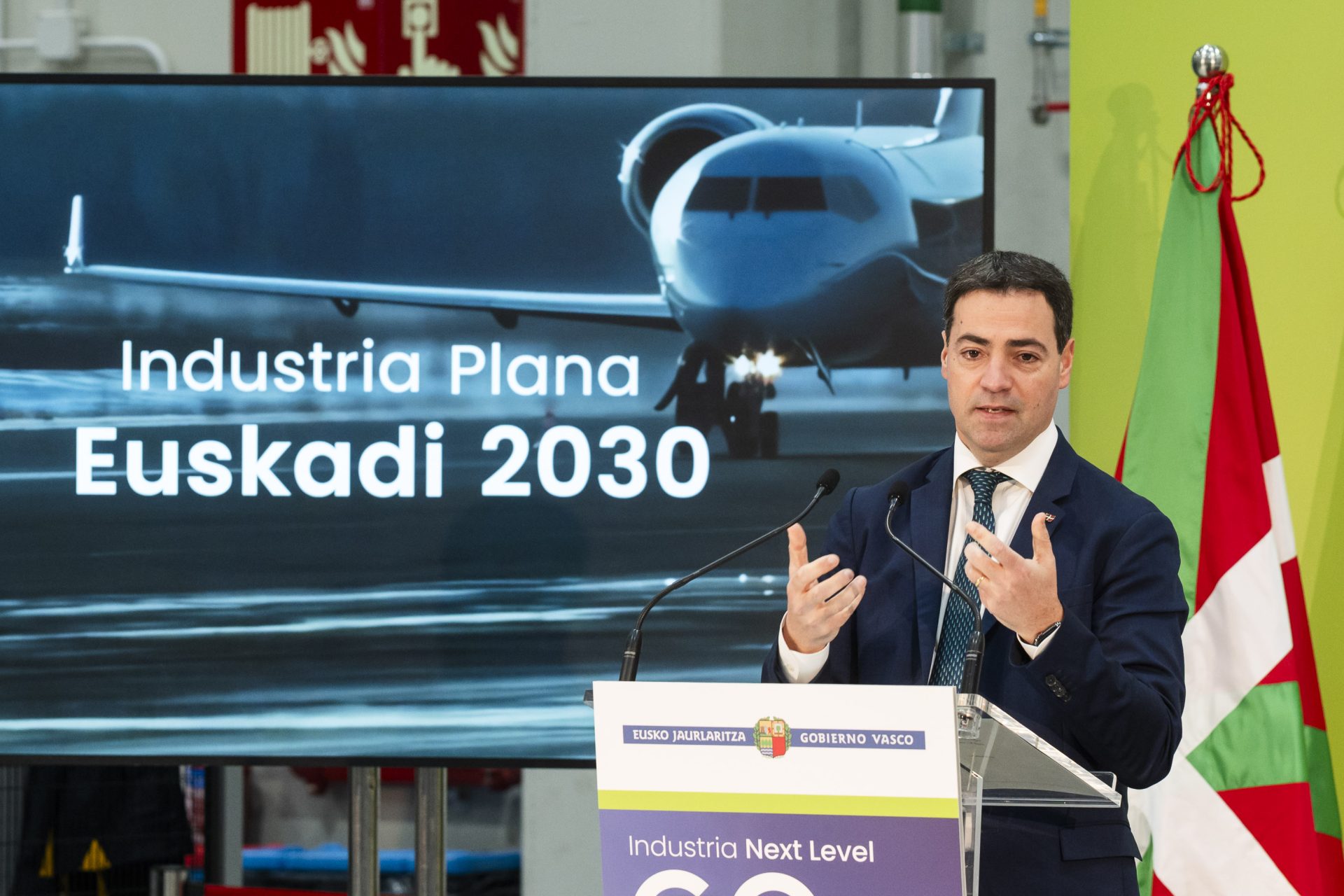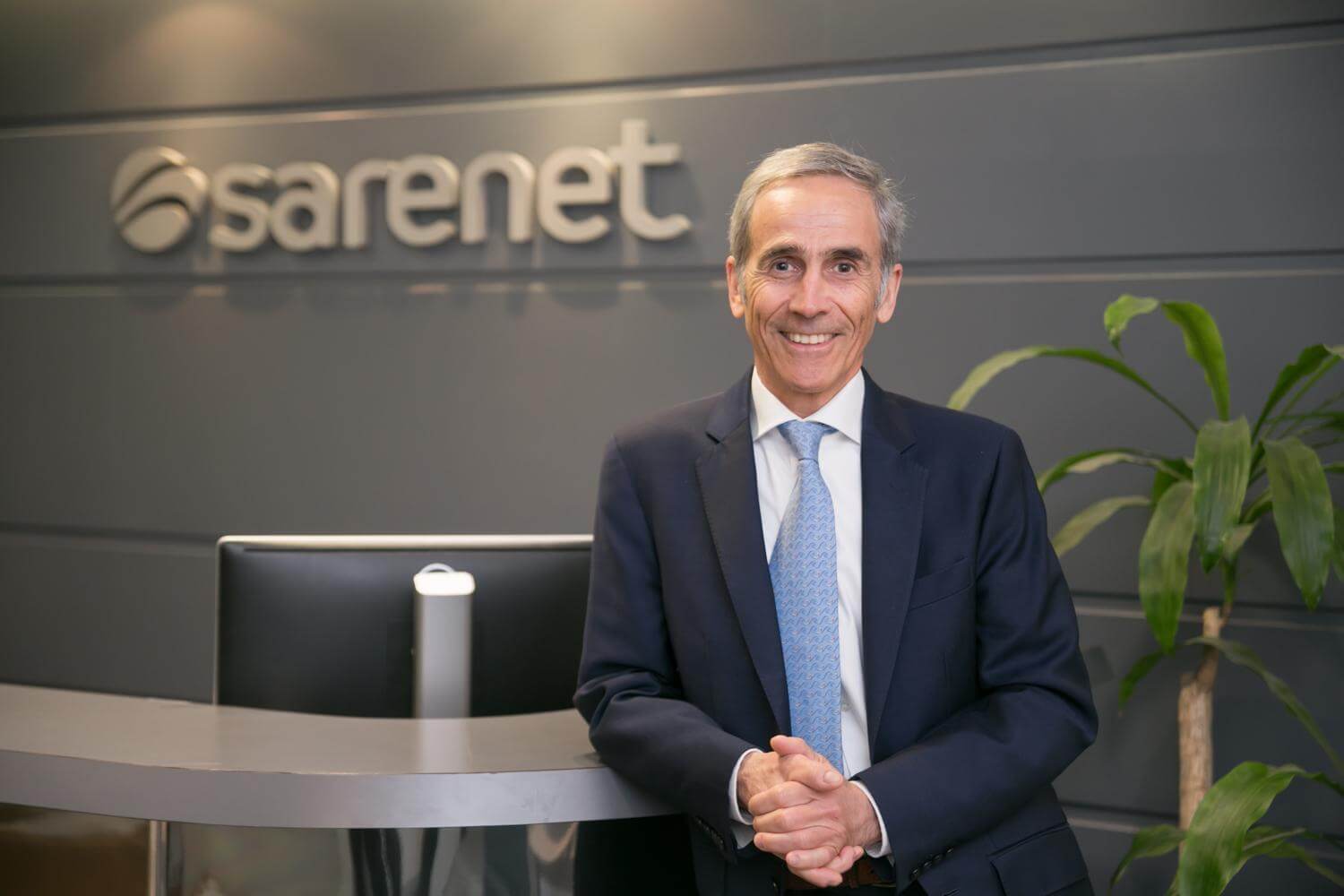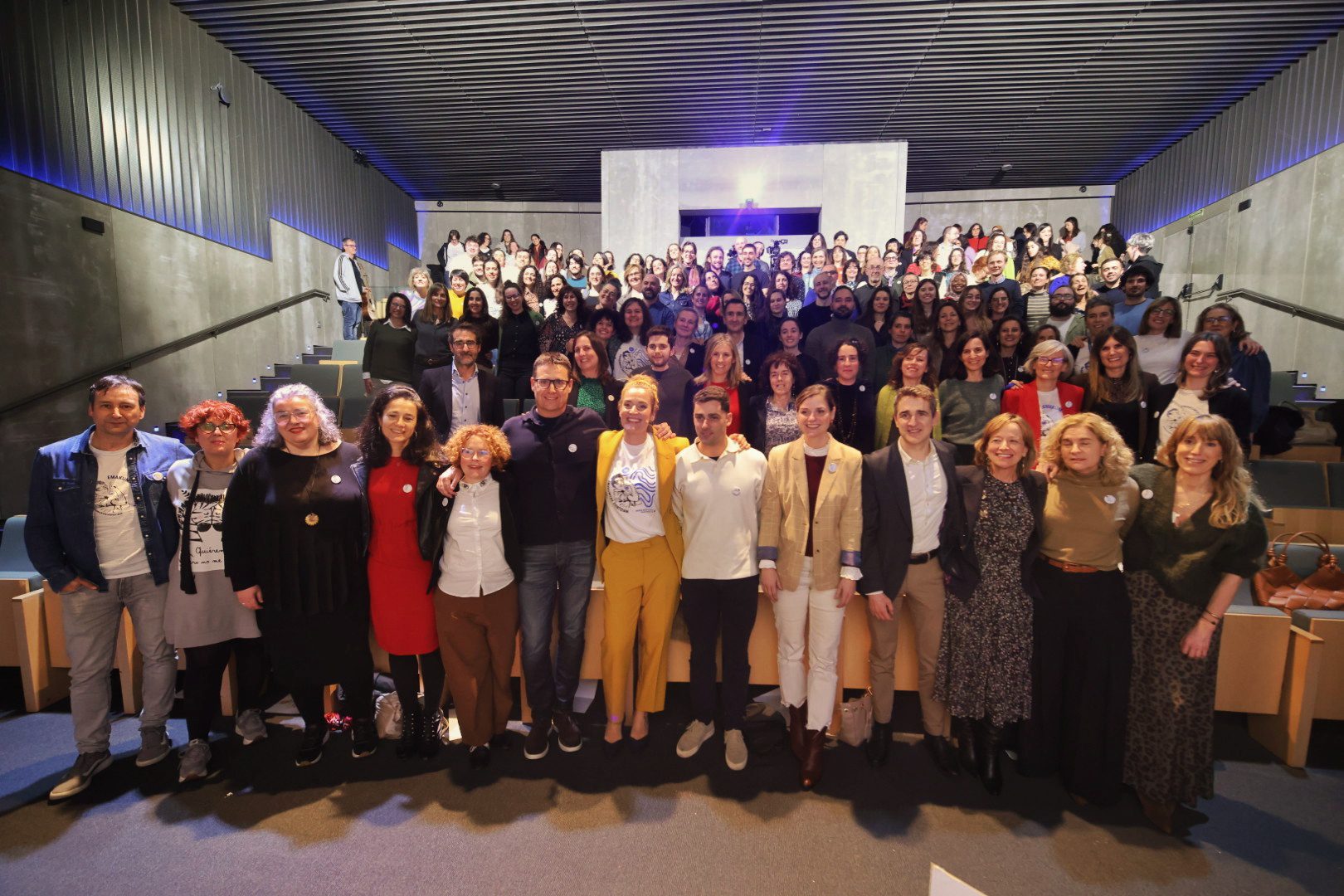Petronor starts production of renewable hydrogen

Petronor has started up its first electrolyser, with a capacity of 2.5 MW, which will produce around 350 tonnes of renewable hydrogen per year.
The renewable hydrogen produced by Petronor in Muskiz will be used both to decarbonise fuel production at the refinery itself and to supply it to the Abanto Campus of the Euskadi Technology Park through a pipeline deployed by Nortegas.
The Abanto Campus of the Euskadi Technology Park is the first technology park in Europe with a continuous supply of renewable hydrogen. This makes it an ideal location for the installation of hydrogen-related companies and technology centres and the creation of an industrial hub around the hydrogen economy.
This renewable hydrogen will be used for mobility in the logistics platform located on the Abanto Campus of the Euskadi Technology Park, for the Hydrogen Technology Living Lab and as an energy source for the EIC building.
At the aforementioned logistics platform, renewable hydrogen will be used in the first buses and heavy vehicles thanks to the first hydroline station installed in the Basque Country, promoted by the EVE and Repsol.
The electrolyser has been supplied by SENER and John Cockerill.
This is the first milestone in Petronor’s strategy to develop a value chain for the development of the renewable hydrogen industry.
 The Basque Country produces the first renewable hydrogen thanks to a 2.5 MW electrolyser located at Petronor that supplies the Energy Intelligence Center, as well as the company’s new offices on the Abanto Campus of the Euskadi Technology Park.
The Basque Country produces the first renewable hydrogen thanks to a 2.5 MW electrolyser located at Petronor that supplies the Energy Intelligence Center, as well as the company’s new offices on the Abanto Campus of the Euskadi Technology Park.
In addition, this renewable hydrogen will also be used in the first buses and heavy vehicles of the mobility logistics platform of the park itself, which will have the first hydroline station (hydrogen pump) in the Basque Country. All of this is promoted by the EVE and Repsol.
It is also the first renewable hydrogen production with European technology, in which Petronor is committed as an essential part of the creation of a solid value chain. This commitment to technology on the basis of cross-border collaboration will enable the development of the European renewable hydrogen industry as well as the necessary infrastructures for its implementation as a decarbonised energy source.
The start-up of this electrolyser, manufactured by SENER and John Cockerill, as well as the necessary infrastructure for the production and distribution of renewable hydrogen, has involved an investment of 11 million euros.
It should be noted that all the necessary hydroproducts, from the Petronor refinery to the Energy Intelligence Center, have been developed by Nortegas.
This first electrolyser has also served to validate all the technology and regulations required for the generation of renewable hydrogen and, thus, pave the way for the next ones that Petronor is going to start up.
All these Petronor projects are part of the initiatives promoted by the Basque Hydrogen Corridor Association, BH2C, which aims to contribute to the change in the energy and economic model to advance in the decarbonisation of strategic sectors such as energy, mobility, industry and services.
Nortegas hydroproduct
Nortegas has been entrusted with the construction and commissioning of the first hydro-product at national level that will transport 100% renewable hydrogen.
The deployment of the hydroduct, which covers a distance of nearly two kilometres and will operate at 30 bar pressure, marks a milestone in the development of the future hydrogen economy, as it is the first 100% renewable green hydrogen distribution facility to be implemented in the country.
This hydroproduct paves the way for the efficient development of future green hydrogen valleys, which will help to meet decarbonisation targets by bringing hydrogen from production centres to industries that consume renewable hydrogen.
New Petronor offices
Petronor is expanding its activity and, in addition to its facilities in Muskiz, has new offices located on the Abanto Campus of the Euskadi Technology Park. These facilities, which will house around 100 people, will allow the Muñatones building in Muskiz to be used for training after an adaptation process that will begin in 2024.
In this way, Muñatones will be able to host all the training courses to which Petronor dedicates more than 67,000 hours every year.




